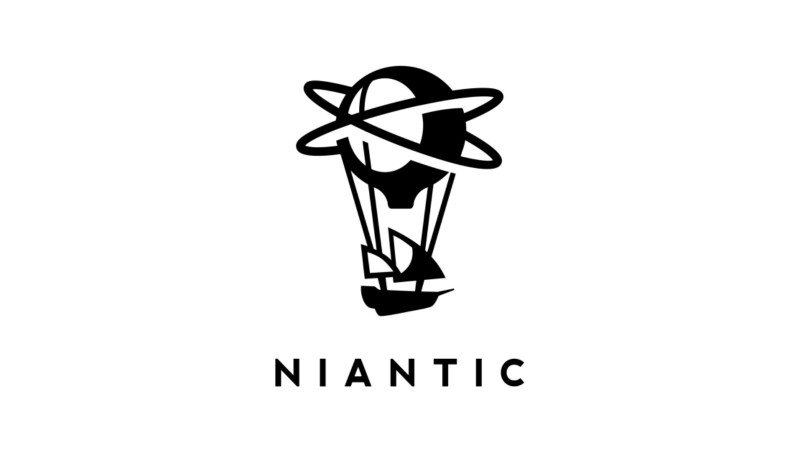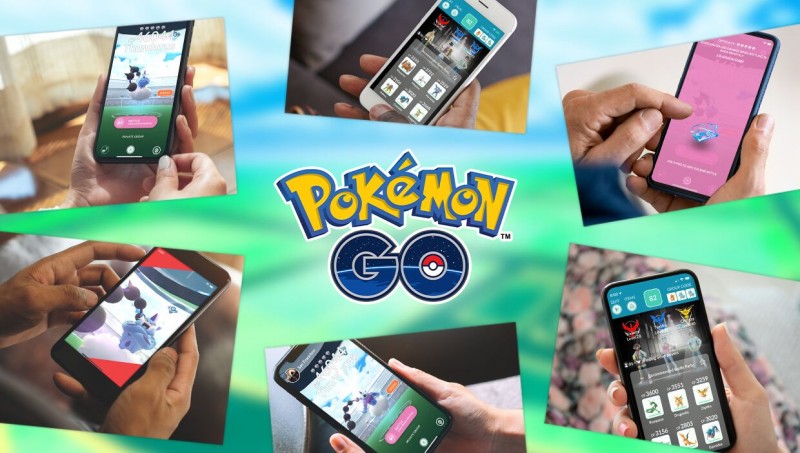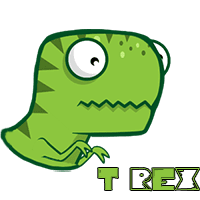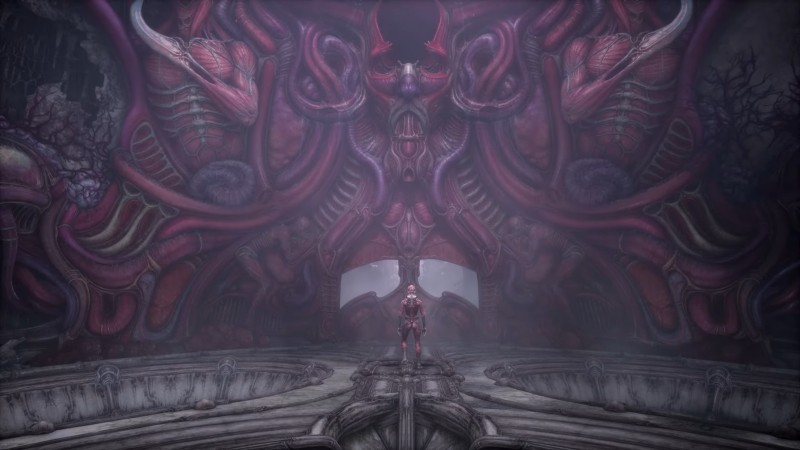
Pokémon Go developer Niantic has announced a massive restructuring, where it will be closing its Los Angeles office, terminating over 200 employees, and scaling back development on a few titles as it narrows its focus towards supporting current titles while increasing its commitment to mixed and augmented reality development.
In an email sent to staff by CEO John Hanke (which you can read here), he explains that the pandemic-era surge of recruitment and expanding pipeline of projects ballooned to the point that, once the pandemic ended, the resulting expenses outpaced its revenue.
“In the wake of the revenue surge we saw during Covid, we grew our headcount and related expenses in order to pursue growth more aggressively, expanding existing game teams, our AR platform work, new game projects and roles that support our products and our employees,” Hanke writes. “Post Covid, our revenue returned to pre-Covid levels and new projects in games and platform have not delivered revenues commensurate with those investments. This change will bring expenses and revenue back into line while preserving our core assets and long term upside.”
Hanke also cites an increasingly crowded mobile market and changes to mobile advertising making it difficult to launch new titles at scale. He also points to technology challenges creating an AR market that has developed slower than anticipated due to an overall lack of investment caused by what he describes as a “global macroeconomic slowdown.”

As a result, Niantic is scaling back. The biggest cut is that it’s shutting down its LA office, which will result in 230 employees losing their jobs. It’s also ending support for NBA All-World, its mobile AR NBA game that launched in January. Marvel: World of Heroes, an upcoming mobile AR game based on the popular comic universe, has also been canceled.
“We also bear responsibility for our own performance,” Hanke writes in the email. “Today’s highly competitive mobile gaming market requires dazzling quality and innovation. It also requires strong monetization and a social core which can drive viral growth and long term engagement. Teams need platform tools that are force multipliers, enabling them to build at the highest quality with powerful engagement features quickly and efficiently. Our AR map and platform must deliver the features that developers want in a robust and reliable way. We have not met our goals in all of these areas.”
Niantic will continue supporting Pokémon Go (singled out as a “top priority”), Pikmin Bloom, Peridot, Ingress, and the recently announced Monster Hunter Now. The company also plans to increase the development of tools and experiences for emerging MR devices (such as the Meta Quest Pro and Apple Vision Pro) and AR platforms. As a whole, Niantic wants to streamline its workflow to reduce leadership redundancies and unclear decision-making.
“While you will see changes in the culture as we evolve into our newest form, our mission remains unchanged,” Hanke writes. “We remain committed to building products and technology with a purpose, that leave the world better off than it was before, that serve both our needs as a company and the needs of our community of developers and Niantic Explorers in a way that is healthy and positive.”





